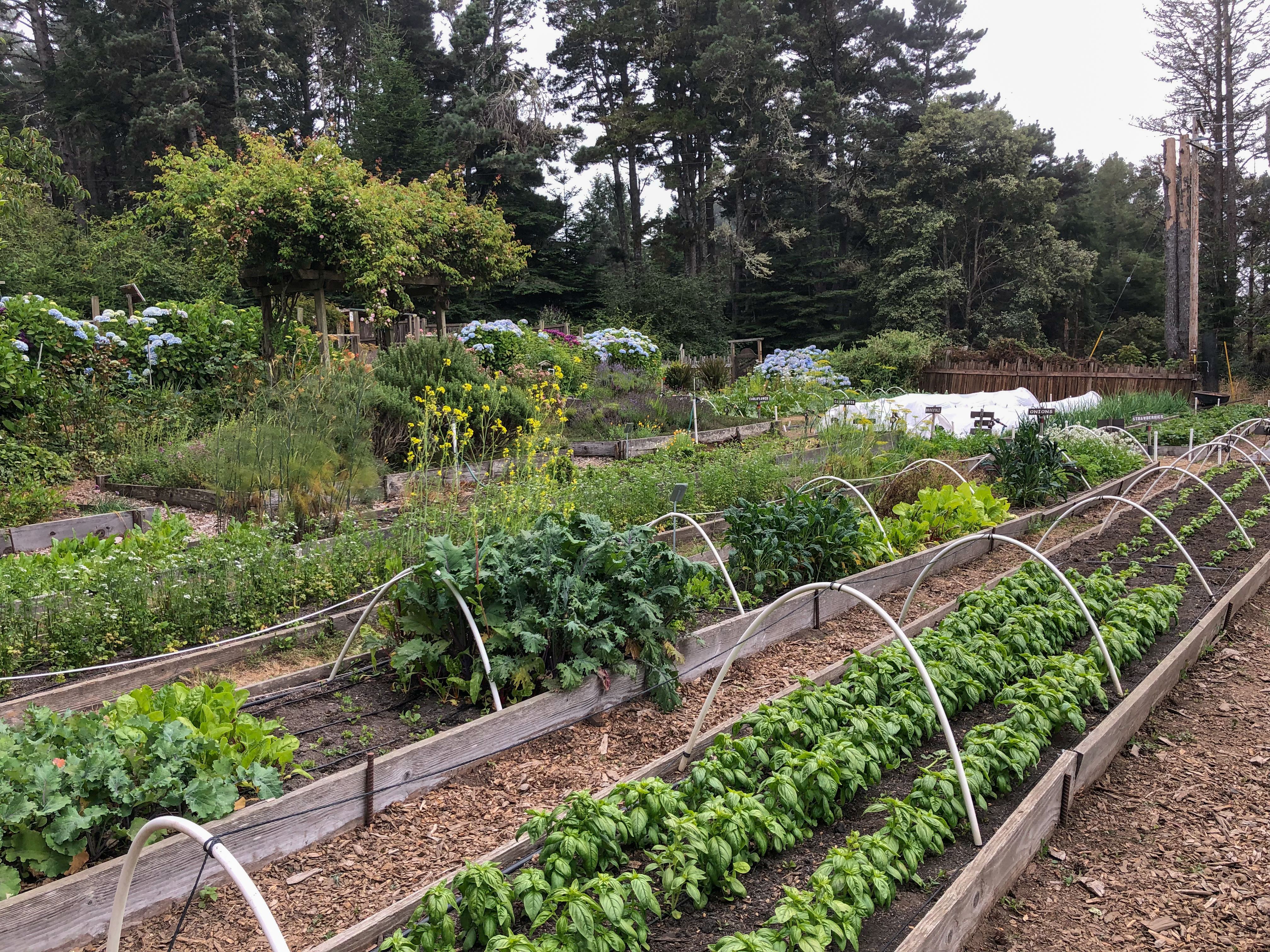Sustainable Farming: The Path to Economic Resilience
Understanding Sustainable Farming
Sustainable farming is an agricultural practice that focuses on producing food while maintaining ecological balance and conserving resources for future generations. It emphasizes the use of environmentally friendly techniques to ensure that farming does not degrade the land, water, or surrounding ecosystem. This approach not only supports biodiversity but also enhances soil fertility and helps combat climate change.
By employing sustainable farming methods, farmers can reduce their dependency on chemical fertilizers and pesticides, which often lead to soil degradation and water pollution. Instead, they focus on natural processes such as crop rotation, composting, and the use of cover crops to maintain soil health and productivity.

The Economic Benefits of Sustainable Farming
One of the most significant advantages of sustainable farming is its potential to create economic resilience for farmers. By reducing the reliance on expensive chemical inputs, farmers can lower production costs and increase their profit margins. Additionally, sustainable practices often result in higher-quality produce that can command premium prices in the market.
Moreover, sustainable farming can protect farmers from the volatility of market prices and changing environmental conditions. By diversifying crops and adopting resilient agricultural practices, farmers can mitigate risks associated with adverse weather events or pest outbreaks, ensuring a more stable income over time.
Enhancing Soil Health and Productivity
The long-term success of any farming operation depends significantly on the health of its soil. Sustainable farming practices enhance soil fertility by promoting organic matter accumulation and improving soil structure. Techniques such as no-till farming and agroforestry help preserve topsoil and reduce erosion, leading to increased productivity over time.

Furthermore, healthy soil acts as a carbon sink, sequestering carbon dioxide from the atmosphere and mitigating climate change. This benefit not only contributes to environmental sustainability but also opens up opportunities for carbon credits and other financial incentives for farmers.
Community Impact and Food Security
Sustainable farming practices play a crucial role in ensuring food security by promoting local food systems. By reducing the distance food travels from farm to plate, communities can enjoy fresher produce while reducing their carbon footprint. Local food systems also boost local economies by creating jobs and supporting small-scale farmers.
In addition to economic benefits, sustainable farming fosters community resilience by encouraging cooperation among farmers and promoting knowledge sharing. By working together, farmers can develop innovative solutions to common challenges, leading to more robust and adaptable agricultural systems.

Challenges and Opportunities
Despite its numerous benefits, transitioning to sustainable farming practices can pose challenges for some farmers. Initial investments in new technology or training can be costly, and there may be a learning curve associated with adopting new methods. However, these challenges are often outweighed by the long-term economic and environmental benefits.
Various organizations and government programs are available to support farmers in this transition by offering financial assistance, technical guidance, and educational resources. By taking advantage of these opportunities, farmers can successfully implement sustainable practices and contribute to a more resilient agricultural sector.
The Future of Sustainable Farming
As global populations continue to grow, the demand for food will only increase. Sustainable farming offers a viable solution to meet this demand while preserving the planet's resources for future generations. By embracing sustainable practices, farmers can ensure a stable livelihood while contributing to a healthier environment.
The path to economic resilience through sustainable farming is both promising and essential. As more farmers adopt these practices, we move closer to achieving a balance between agricultural productivity and environmental stewardship.
